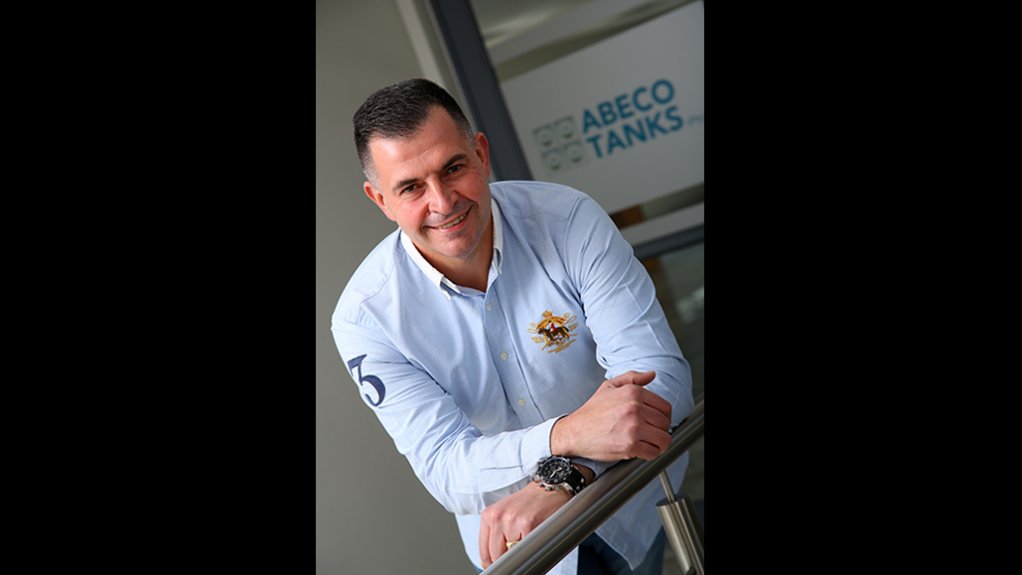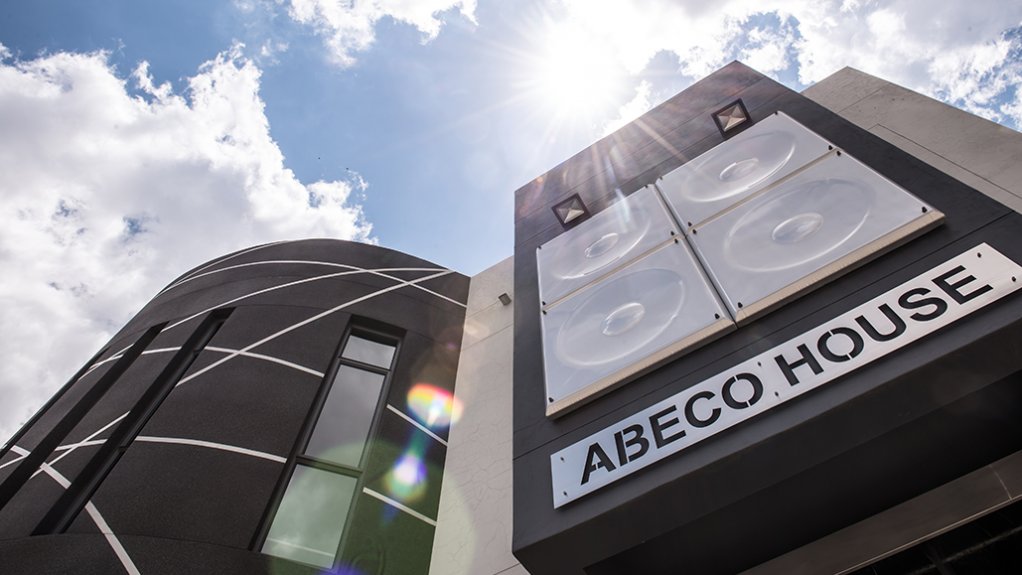With Covid-19 further emphasising the importance of water and water conservation in South Africa, water tank storage solutions provider Abeco Tanks has supplied water tanks to several hospitals and facilities in the country to ease the impact of the pandemic.
“The best defence against the pandemic is washing your hands with soap and water; this highlights the importance of access to water. We went from trying to conserve water to now being more dependent on water,” says Abeco Tanks COO Mannie Ramos Jnr.
The company has been involved in supplying water storage tanks to hospitals and schools in identified Covid-19 hotspots across the country, particularly in the Eastern Cape and KwaZulu-Natal.
Supplying these tanks has largely been in collaboration with the national departments of Health, and Basic Education.
Despite the success in supplying the tanks, Ramos highlights a number of challenges that have occurred during the process.
The first challenge was the issuing of funding for a tank, particularly in storage installation projects funded by government.
The relevant department would allocate funds for the installation of a tank, performed by a contractor, for these government-funded projects. However, amid the current economic circumstances, the allocated contractors might not always have the necessary cashflow to complete the installation before being paid for the work.
While the contractor will eventually be paid for the project, funding from the relevant government department was, in many instances, not available immediately, and could still take several months. This can place contractors under more economic strain while waiting to be paid for work completed.
Secondly, delivering these water storage tanks to more rural and remote areas can present logistical challenges because of poorly maintained roads or even no roads at all.
Ramos also points out that storage tanks are installed at ground level and at an elevated level. Installing them at an elevated height requires using a crane, which is difficult, as is transport in remote areas.
More stringent health and safety regulations, which often require that technicians test negative for Covid-19 tests before beginning installation on site, have also made it more difficult for technicians to get on site to complete installation or maintenance.
Further, he claims that when the initial lockdown began last year, the different regulations for essential and nonessential services posed a challenge because water was classified as an essential service, but other necessary components, such as the supply of concrete, were not deemed an essential service.
The company required a concrete foundation for a water tank, but was unable to get these foundations completed during certain periods last year.
Edited by: Zandile Mavuso
Creamer Media Senior Deputy Editor: Features
EMAIL THIS ARTICLE SAVE THIS ARTICLE
ARTICLE ENQUIRY
To subscribe email subscriptions@creamermedia.co.za or click here
To advertise email advertising@creamermedia.co.za or click here















